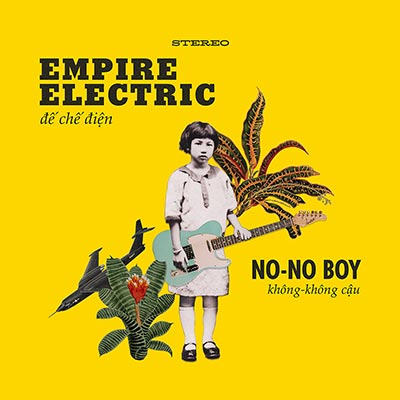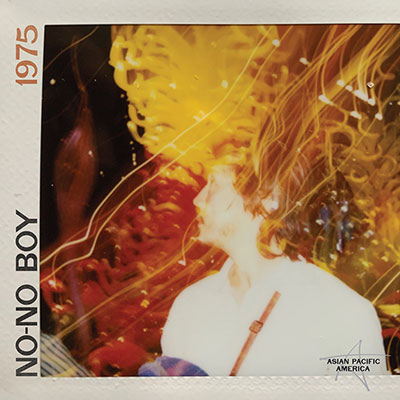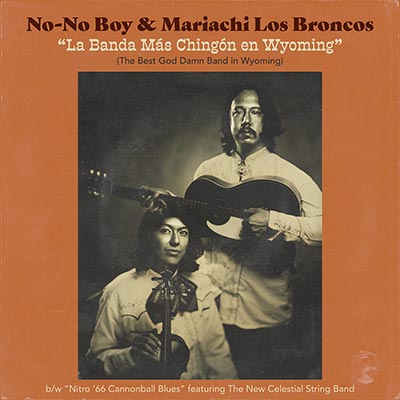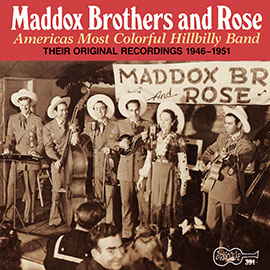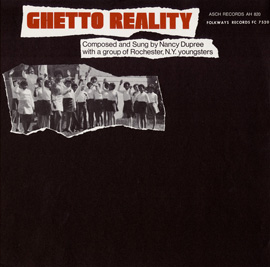No-No Boy - "Nashville" (Official Music Video)
Listen to No-No Boy's "Nashville" from his Smithsonian Folkways album Empire Electric. Named for No-No Boy's birthplace, "Nashville" playfully intertwines samples of Chinese pipa, guzheng, and dizi, mariachi violins, beds of dreamy indie guitars, and interlocking rhythms of hand claps, Arabian and West African percussion, and drum beats that evoke the paigu - a set of “tom” drums originally brought to the United States by 19th-century Chinese immigrants. Set in a hub of country and Americana music, “Nashville” reveals the multiple, intersecting cultural histories of American sound.
Of "Nashville," No-No Boy writes:
"Nashville is my hometown. Born and raised. I grew up on music row and deep in the music scene. People often ask why I choose to play 'folk' or 'Americana' music, partially because I think it's strange to them to see an Asian guy doing it. I didn't have a choice really. Our family is as Nashville as you can get. My dad Bob Saporiti played no small part in developing the country music industry in the 90s, discovering Keith Urban and Faith Hill amongst others, and helping to push the genre to international audiences. More recently, my younger brother Adrien's 'I Believe in Nashville' mural has become part of the city's iconography. And our mother Jacqueline's fine art hangs in houses throughout middle Tennessee. And yet, there's always a small feeling of outsiderness when I think about my hometown. This stems from playground scraps, casual racism, and a few serious scenes of hate speech spewed in open air at my Vietnamese mom when we were kids. This song is an effort to center one's self, something that shouldn't take so much effort in one's own hometown.
'Nashville' is a fictionalized autobiography. The stories of young 'guitar-and-a-dream' musicians coming to town are based around the hilarious, inspiring, and sad stories my dad would tell me about, and the fellow musicians I ran across as I got older and started participating in the scene. But the archetypal blue eyed country music singer is traded out for two southeast Asian protagonists in an effort to bring my own body to the story but also shout out the Charlie Prides and Neil McCoy records I loved as a kid. The music likewise blends traditional Asian and pacific instruments (steel guitar, guzheng, chinese tom toms) with the banjos and guitars I grew up playing at traditional old time jams and songwriter rounds in Tennessee. The problem with tradition is that it is exclusionary by nature. The song is a fictitious pastiche and honestly, one of the truest songs I've ever written. It's my Nashville. It ends bittersweet but forever in love. Who doesn't feel that way about their hometown as it inevitably changes away from the place that raised you. There's a lot going on here musically and lyrically, but hopefully it all blends together nicely."


